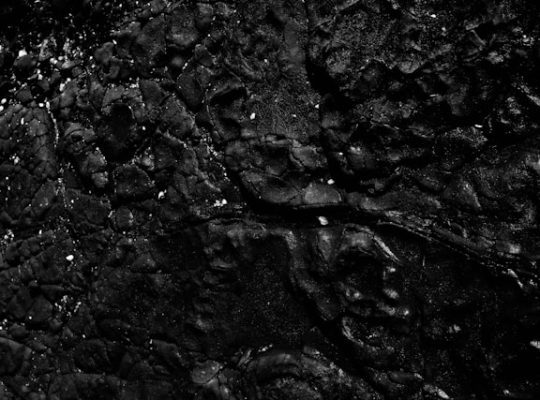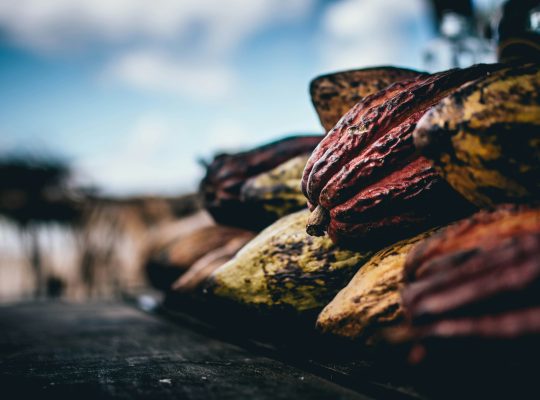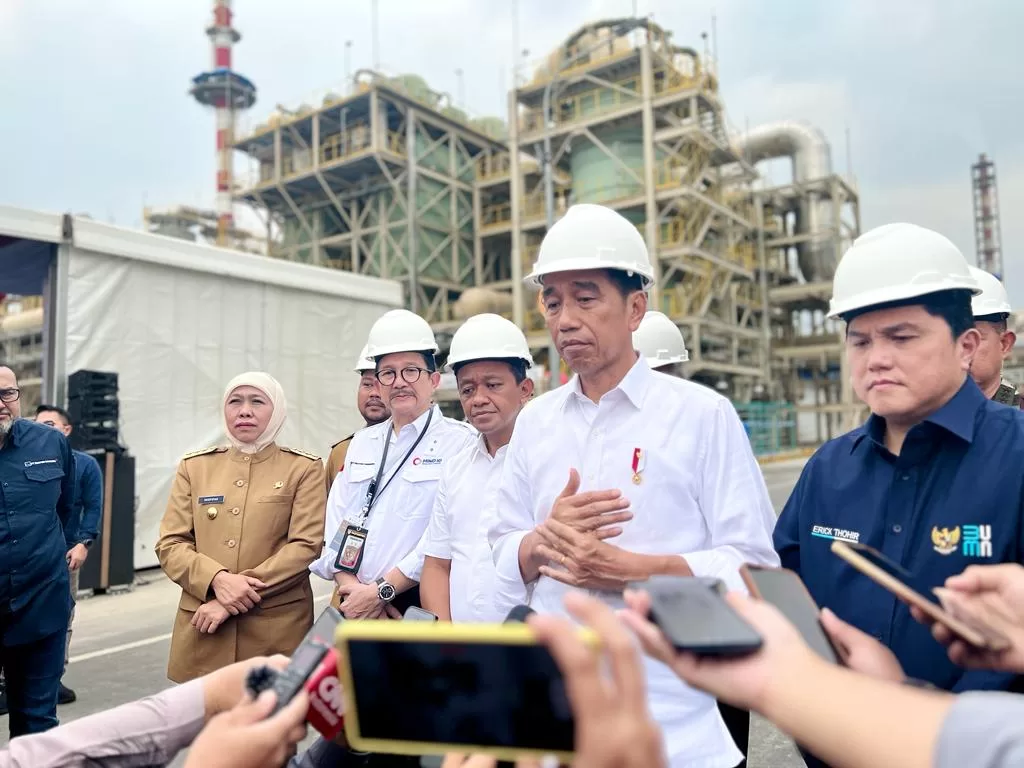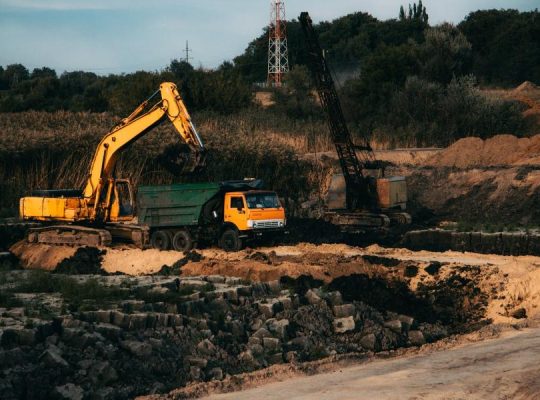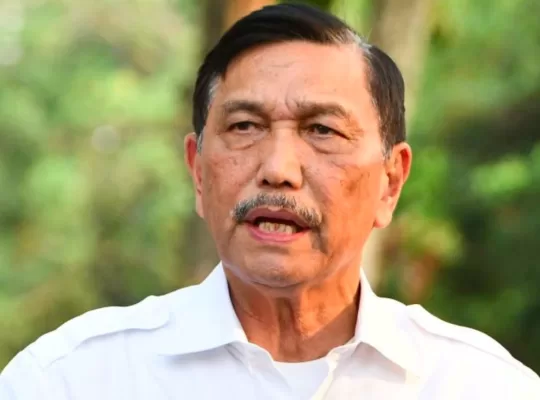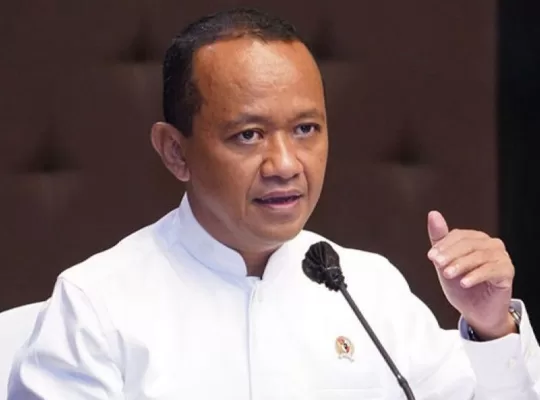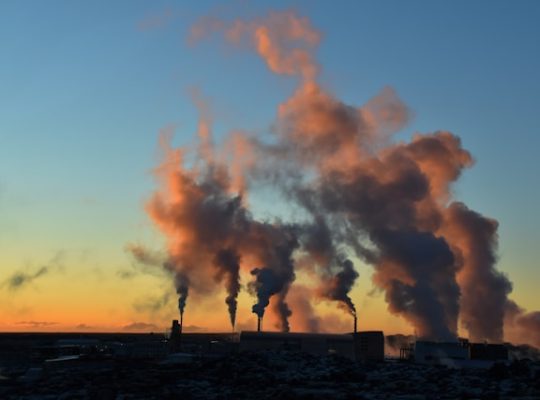In a move that has drawn criticism from environmentalists, Indonesia has recently passed a law that allows religious entities to oversee mining areas previously held by corporations. This development follows President Joko Widodo’s decision, symbolizing gratitude towards religious groups for their historical contributions to the country’s independence.
Despite the intentions to boost local community welfare by reallocating these concessions, environmental experts have voiced concerns. They argue that religious organizations lack the necessary know-how for sustainable mining operations, which might threaten environmental integrity.
Investment Minister Bahlil Lahadalia explained that the amendment is a continuation of a policy from 2022, where numerous mining and plantation permits were canceled due to underdevelopment. The idea, according to Bahlil, is to benefit the communities directly by enabling religious organizations to manage these resources.
However, Fahmy Radhi, an energy economist from Gadjah Mada University, has openly called the decision a mistake, highlighting the religious groups’ lack of resources and expertise in managing mining operations. Trubus Rahadiansyah, another analyst from the same university, criticized the policy as merely a political repayment to religious supporters.
Nahdlatul Ulama (NU), Indonesia’s largest Muslim group, has welcomed the law, seeing it as an opportunity for religious communities to play a more prominent role in public affairs. Yahya Cholil Staquf, NU’s leader, expressed enthusiasm about the policy, describing it as a significant and innovative approach to utilize state-controlled natural resources for public advantage.
Conversely, some worry about the potential for misuse due to the inexperience of groups like NU in the mining sector, though NU’s deputy chairman, Ahmad Suaedy, suggests such risks are present in any domain.
Indonesia is rich in minerals spread out over its vast archipelago, yet the enforcement of environmental standards has been inconsistent, leading to natural degradation and pollution. The Communion of Churches in Indonesia acknowledged the challenges posed by the president’s initiative, due to the limited mining knowledge within religious communities, but remained hopeful about overcoming these obstacles.
Muhammadiyah, the country’s second-largest Islamic group, has decided to take a cautious approach. According to Abdul Mut’i, the group’s general secretary, they will evaluate their capacity to handle mining tasks responsibly to prevent potential repercussions for the organization and the broader society.
This law is part of a broader shift towards integrating religious perspectives into secular realms, aiming to ensure that Indonesia’s immense natural wealth is managed in a way that benefits as many Indonesians as possible.





